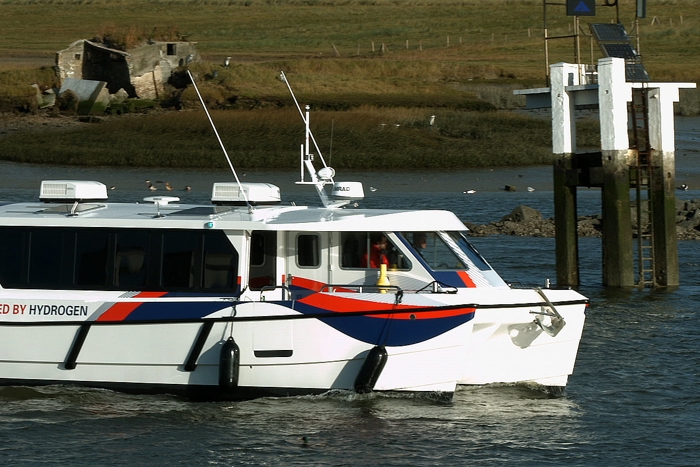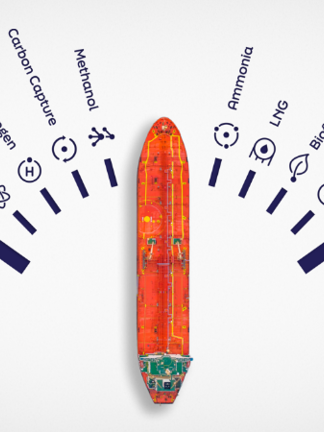Zero-emission vessels need to be delivered to shipping markets by 2030 at the latest, if there is any chance of achieving the IMO’s 2050 GHG reduction ambition; a goal that has the full support of Lloyd’s Register.
The maritime industry needs the confidence to invest in ships and infrastructure that utilise low or zerocarbon fuels, as well as the confidence in their design, operation and in the fuel supply chain to facilitate global trade. Similarly, energy companies are still uncertain about the demand from maritime for new fuels, when it will emerge and how big it will be.
To find a path through this uncertainty, parties that sometimes compete will need to convene and collaborate to address these challenges. The United Nations and the UN Global Compact provide a perfect platform for constructive dialogue between energy and maritime, along with the ocean industry, to resolve this catch-22 situation.
LR is supporting this drive with thought leadership, innovation and dedicated research. We are a strategic partner and Advisory Council member of the Global Maritime Forum, a founding member of the UN Global Compact Sustainable Business Action Platform and a World Economic Forum Friend of Ocean Action. Our Zero-Emission Vessels: Transition Pathways study, highlighted the possible transition pathways for achieving the IMO’s 2050 ambitions. We will now work with early adopters of future fuels to ensure that those pathways are safe and sustainable.
One such example of this work is the launch of Compagnie Maritime Belge’s hydrogen-powered passenger vessel, Hydroville, classed by LR.

Leading assurance for the safe deployment of alternative fuel sources for shipping
In December 2017, Antwerp maritime group Compagnie Maritime Belge (CMB) launched its new hydrogen-powered passenger vessel, Hydroville, classed by LR.
The catamaran crew boat was the first LR classed vessel to use hydrogen to power a diesel engine. The advantage of hydrogen is that no CO2, particulate matter or sulphur oxides are released during combustion.
Hydroville is a showcase for using clean fuels and is primarily a project to test hydrogen technology for applications on larger vessels. It will serve as a shuttle on the river Scheldt to provide CMB employees with environmentally friendly transport to their office.
The project is also a showcase for services related to the vessel. For example, LR’s class approval of this vessel shows a way forward in hydrogen risk assessment and is a stepping stone towards the wider use of hydrogen as a fuel for combustion engines and alternative power generation technologies such as fuel cells. LR is taking a leading role in assuring the safe deployment of alternative fuel sources for shipping.
LR is also working with H2-Industries to develop standards for all-electric vessels powered by emission-free Liquid Organic Hydrogen Carrier (LOHC) technology. Furthermore, LR signed a project agreement in September 2018 with Viareggio Super Yachts (VSY) and Siemens for the application of hydrogen fuel cells technology on a special version of the VSY 65m Waterecho yacht.









